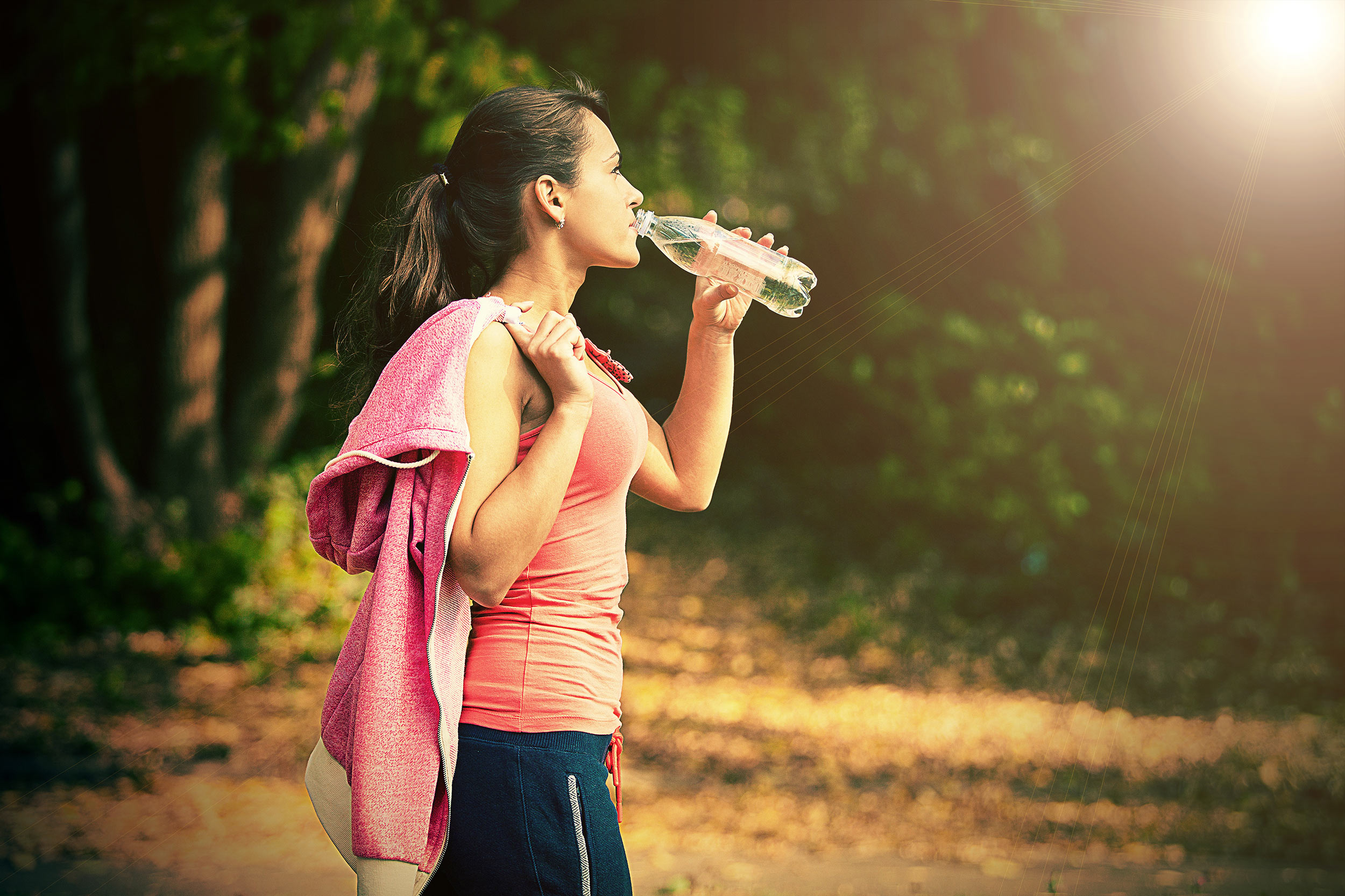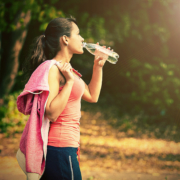
Sugar-sweetened beverages have become the single greatest source of calories and added sugars in the American diet. We consume lots of sugar-rich sodas, fruit drinks, iced tea and energy drinks, and that’s problematic because overconsumption is linked to an increased risk of heart disease and type 2 diabetes.
How much sugar is too much? The American Heart Association recommends no more than six teaspoons of added sugars daily for women, and nine teaspoons for men. A regular 12-ounce soft drink contains eight teaspoons of added sugar, so even one sweet drink per day is too much. Treat these beverages like candy and have one occasionally, but don’t make them your daily drink of choice.
Sip smarter: Choose water most often. If you crave flavor, jazz it up by adding a squeeze of citrus (e.g., lemon, lime, orange), mint leaves, sliced cucumber, berries, fresh ginger or a cinnamon stick. Enjoy the color and fragrance.
Since coffee and tea are each 99% water, they are also good choices — just be aware of how much sugar you add and how much caffeine you consume. Try not to exceed 400 mg caffeine per day. An eight-ounce cup of coffee has about 80 to 100 mg of caffeine, while a cup of green or black tea has 25 to 50 mg. Herbal tea and decaf coffee are caffeine-free choices. Read more









